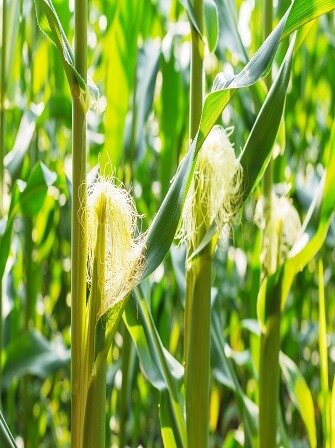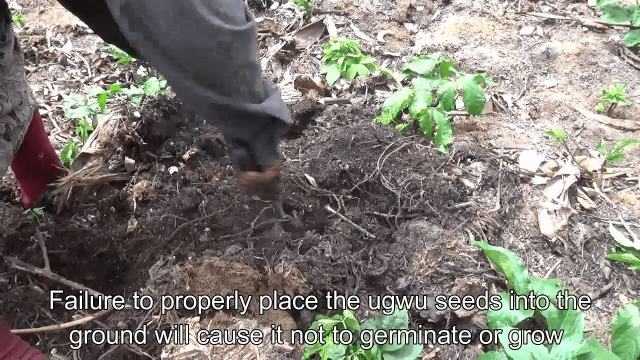
How to invest in a high inflation economy
June 3, 2021, 12:37 pm
We believe 2021 will continue to be a high inflation year where prices of goods and services keep going higher. Several factors such as the corona virus third wave, climate change, insecurity and central bank interventions (interest rate cuts and stimulus packages) will keep or sustain high inflation.
How to invest in a high inflation economy
Because of these factors, the investment ideas and strategies that we will be sharing with you are designed to help you prosper and succeed in a high inflation economy or environment.
Before we share these investment ideas, it’s proper to define and explain some terminologies and concepts that will give you a better understanding of the investment ideas and strategies that we want to share with you.
To implement these investment ideas, you need to know about investable financial products and how they are impacted by inflation.
Investable financial products can be broadly classified into three: Stocks, Bonds and Commodities
Stocks: these are financial products that indicate ownership of part of a company that gives you a right to share in part of the earnings and assets of the company.
Bonds: these are tradable (can be bought and sold) loans issued by governments, companies etc. with a fixed interest payable at specified time. For example, you can lend someone N5,000 in return that person agrees to pay you N500 each year as interest until 5 years have passed at which point the person pays you back your N5,000. But in the space of those 5 years, you can sell your loan to someone else so that your debtor pays them the N500 interest each year and return the N5,000 after 5 years.
Commodities: these are physical goods and items that are used in production and manufacturing of products for people and industries. In this category we have raw materials like iron ore, silver, copper etc. We also have agricultural products like wheat, maize, soya bean etc. These items can be bought and sold like financial investments by both investors and actual producers and users of their end products.

Inflation affects these financial instruments or products differently.
Inflation is generally bad for bond because it reduces the value of their fixed interest payment therefore causing bond prices to fall. Using the bond example above, high inflation will make those N500 yearly interest payment worth less—the items it can buy reduces with time. So, with inflation making the interest payments of bonds lose value, bond prices drop during high inflation.
Inflation’s impact on stocks is mixed: certain industries or sectors of the stock market are affected negatively (their prices fall) while certain sectors do better (their prices rise) in a high inflation economy. Some of the sectors that do well in rising inflation are energy, chemical, gas, industrial goods and services.
Inflation tends to increase the price of commodities as you may have already noticed with the rising cost of food products and building materials. Metal, food and energy are the building blocks of any economy so when you have a corona pandemic that causes large number of people to lose their jobs, peoples and companies are forced to spend on the essential food and raw materials they need to survive and stay in business. But when these essential food and raw materials become scarce due to insecurity (banditry, killing and kidnapping farmers), bad weather caused by climate change and supply chain issues caused by the corona pandemic, then the prices of commodities will jump very high as we are experiencing at the moment.
How to Invest in High Inflation
Now that you have a better understanding of these financial products and how they are affected by rising inflation, let us show you three steps to take for the rest of 2021:
- Invest in stocks of companies in the banking, chemical, gas and energy sectors of the economy. These sectors of the economy tend to do well when inflation is rising, especially banks. Banks do well when inflation is rising because in times of high inflation, short-term interest rates from the Central Banks drop while long-term interest go up. Banks borrow money at short-term rates and lend at the long-term rates thereby profiting from the difference.
- Invest in agriculture commodities like wheat, maize, soya bean, sorghum etc. and non-agriculture commodities like copper, silver, gold etc. In times of high inflation, prices of commodities go up.
- Hold your cash or savings in US dollars because it’s the currency of international trade and its value rises with inflation.

For the investment in stocks, you can do this by buying the stocks of the companies directly or indirectly through middlemen like fund managers. If you want to invest in stocks directly, make sure the price of the stock is cheap and the company is financially sound.
And for the agriculture commodities (maize, wheat, soya bean etc.) you can invest directly by starting a farm that produces them. We have detailed business plans that can help you with staring maize farming, soya bean farming, rice farming, cassava farming, sorghum farming, wheat farming etc.
But if you don’t want to invest in agriculture commodities directly by owning the farms, you can invest indirectly through ETFs (Exchange Traded Funds). You can also invest in stocks and non-agriculture commodities indirectly via ETFs. There are several good ETFs that allow you to invest in the energy and industrial sectors of the global economy such as Vanguard Energy ETF and Industrial Select Sector SPDR Fund.
If you want to know more about ETFs and how to invest in Agriculture ETFs, read this post.
We wish you successful investing!












Share This Article: